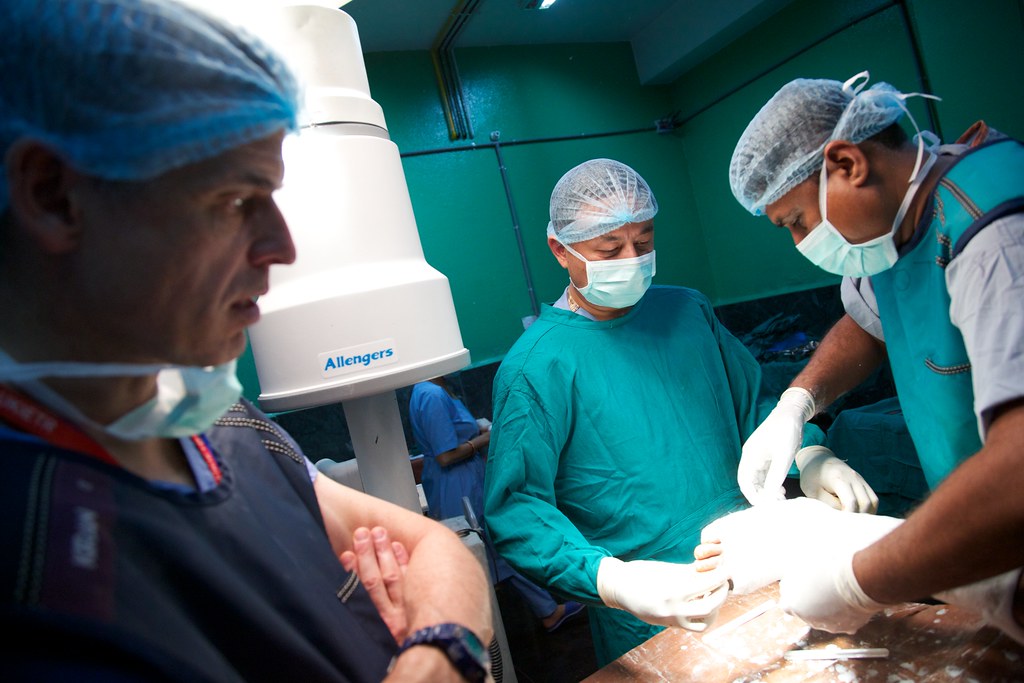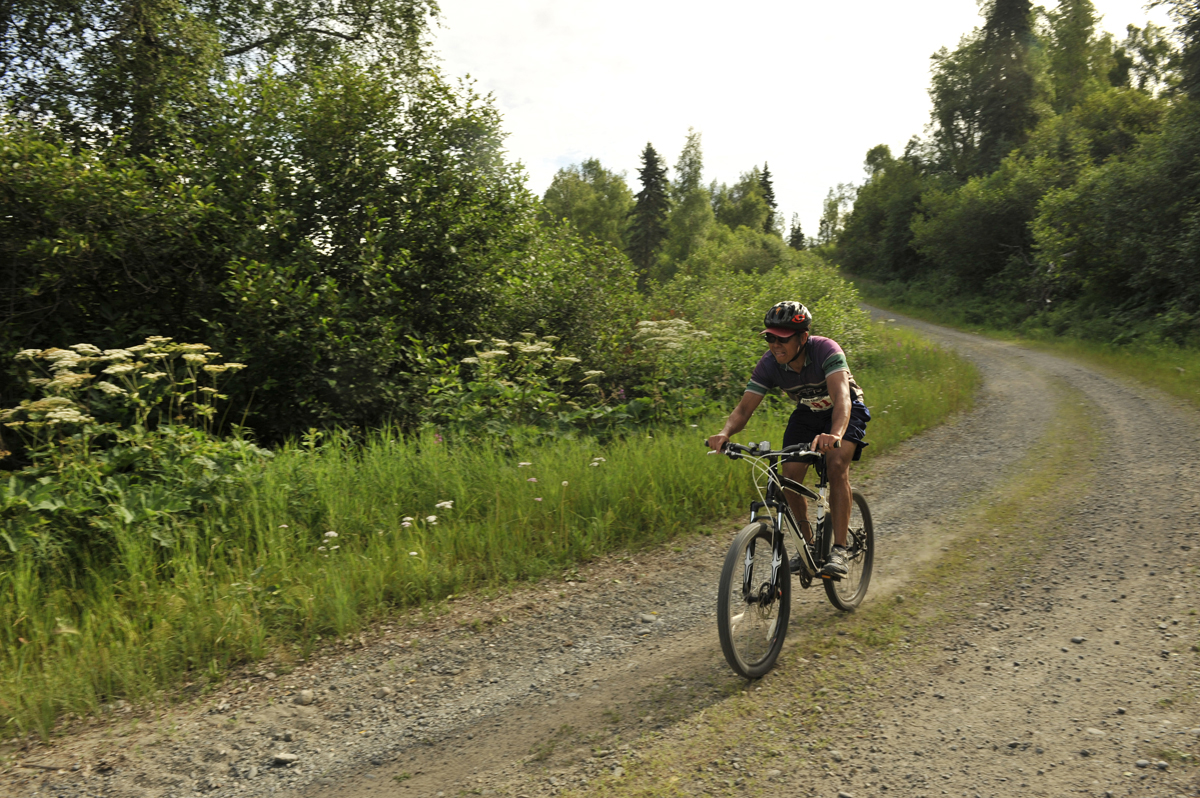Environmental & Science Education
STEM
Medicine
Health
Edward Hessler

After reading Joshua Rothman's essay in the New Yorker on the eminent London neurosurgeon Dr. Henry Marsh, I put the Marsh's memoir on my "want to read" list. One reason was this searing quote from Marsh's memoir. "'As I approach the end of my career I feel an increasing obligation to bear witness to past mistakes I have made.'"
Rothman noted that "Marsh isn't interested in the usefulness of error. He is the Knausgaard of neurosurgery: he writes about his errors because he wants to confess them, and because he's interested in his inner life and how it's been changed, over time, by the making of mistakes."
Long after reading Rothman's essay I found Marsh's memoir Do No Harm: Studies of Life, Death and Brain Surgery, in the new books section of Hamline University's Bush Memorial Library. The title is from the Latin, Primum non nocere, "first, do no harm," one of medicine's most fundamental and difficult precepts. It means that attending physicians are first to weigh uncertainties regarding risks and benefits with their patients before proceeding. It does not mean or imply that the way forward is clear or without risk or without the possibility of a mistake but it means that these have been considered and that the treatment chosen is the best in the physician's and patient's judgment.
The memoir is organized by compelling and brutally honest case studies, 25 total. The cases consist of neurological disorders, strokes, spinal cord problems and, of course, cancers. Marsh was among the pioneers of anesthesia free brain surgeries. He also worked for years with neurosurgeons in Ukraine, after the fall of the Soviet Union who had at best second-hand and antiquated equipment. This work was funded by a charity Marsh established. And, of course, he trained residents, including some from the United States who came to study and practice with him for a year.
Marsh is also a fierce and relentless critic of the British National Health Service. His comments will make you both laugh (first) and cry/wince (second). You are likely to recall similar experiences from your own life experiences --"trainings," as they are called.
Marsh is also a fierce and relentless critic of the British National Health Service. His comments will make you both laugh (first) and cry/wince (second). You are likely to recall similar experiences from your own life experiences --"trainings," as they are called.

A fragment from the BBC documentary, The English Surgeon, shows Marsh's work in the Ukraine. You may want to bark, "Henry, wear a helmet!" when you see him riding to work without any head protection, his standard almost daily practice. There is a lovely scene of Marsh and a Ukrainian colleague sliding, just like kids, across an icy pond using their shoes as skates.
In his memoir Marsh comments on the use of technology in brain surgery, e.g., infrared cameras which allow him to "see" where his instruments are on a brain scan taken shortly before the surgery but neurosurgery remains fraught with danger, measured in a millimeter or two.
Dominic Smith, who writes for STAT describes a new technology being developed by neurosurgeon Dr. Alexendra Golby and her colleagues at Brigham and Women's Hospital in Boston which uses magnetic resonance imaging technology coupled with powerful computing technology to create personalized 3-D models of the brain in near real-time so that the surgeon can know where s/he is throughout the surgery.
Smith's essay includes a short video explaining the new technology. If you'd like to see a day in the life of Henry Marsh, the BBC produced a film (~10 minutes) is about the problems Dr. Marsh finds with the British National Health Service.
Marsh is the author of Admissions: Life as a Brain Surgeon which is on my reading list.

 CGEE Student Voice
CGEE Student Voice
No comments:
Post a Comment